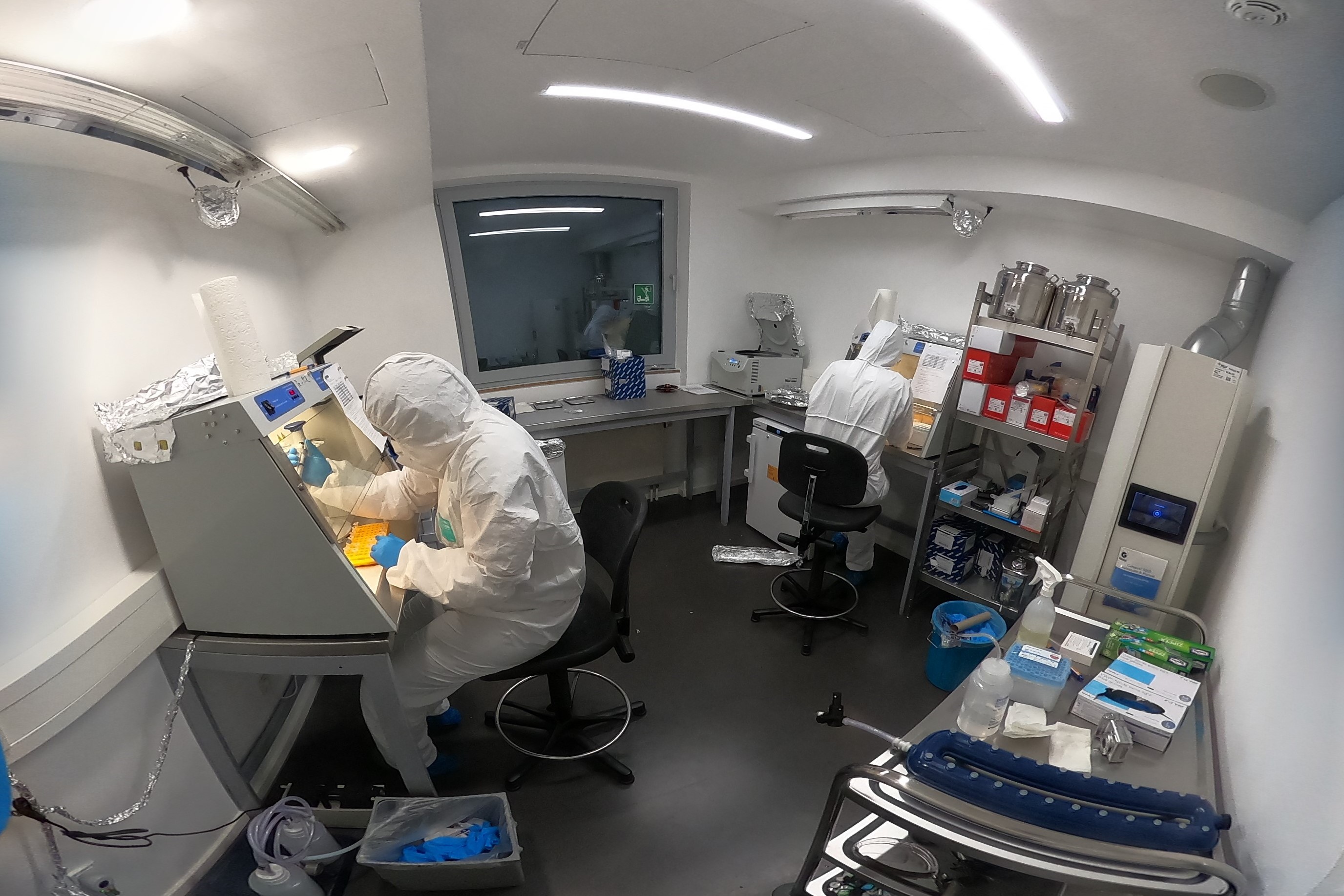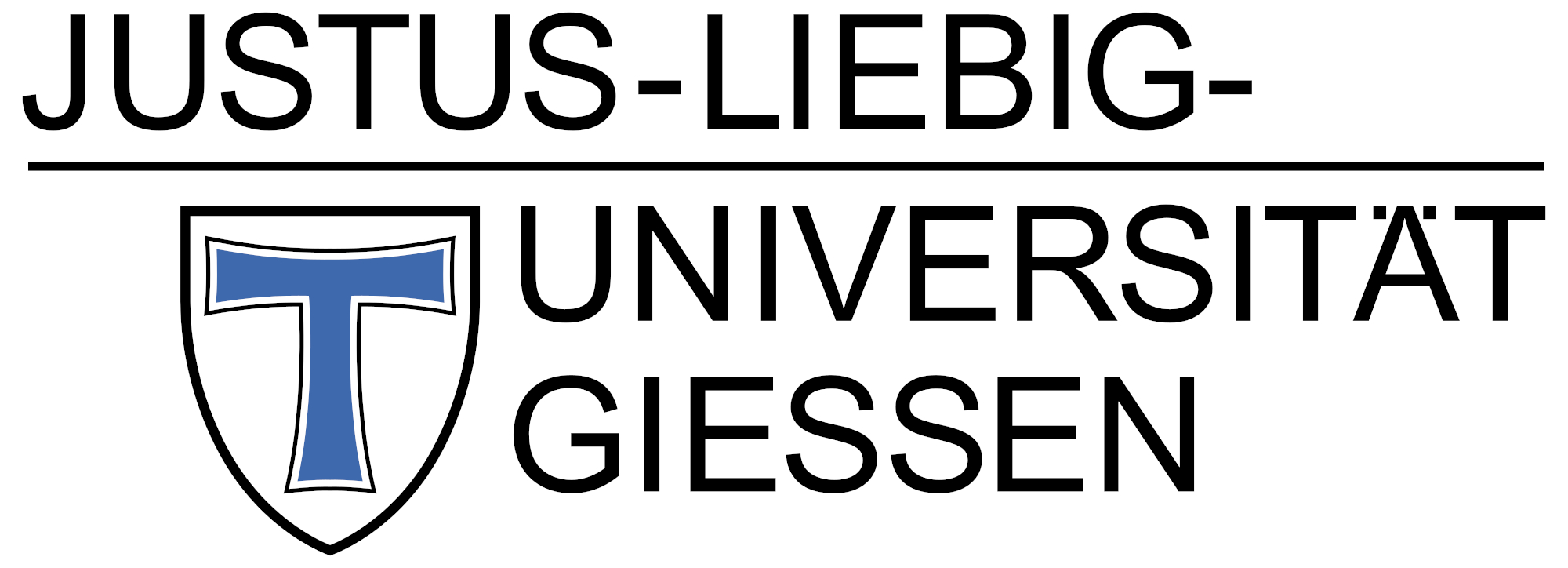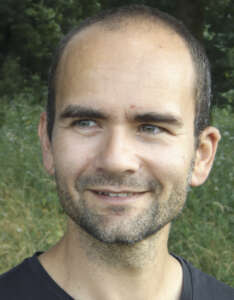Evolutionary biology, biodiversity research and bioinformatics are three overlapping topics, I am interested in. The possibility to study
the ancient dynamics of Phytoplankton of the Baltic Sea is a great opportunity to me, to extend my knowlegde and to take a look at the world of times long past.
During my Ph.D., I study the environmental impact on phytoplankton communities and their function to the ecosystem.
PhD candiate | Justus-Liebig-Universität Gießen
Background: Bioinformatics | Evolutionary Biology | Biodiversity | Phylogenetics | Organismic Biology
Email: Juliane.romahn@senckenberg.de
Twitter: @JulianeRomahn
ResearchGate: Juliane Romahn







